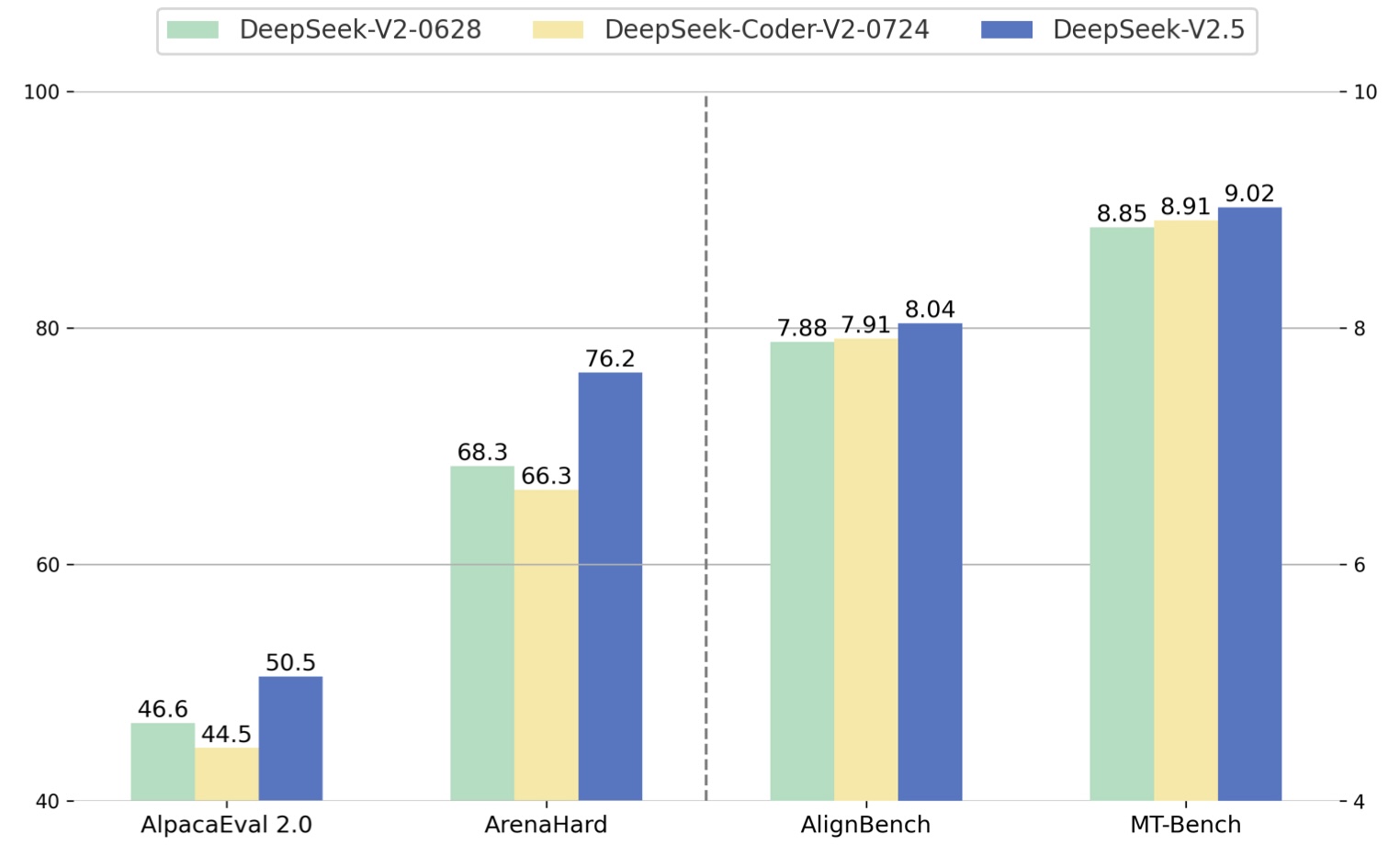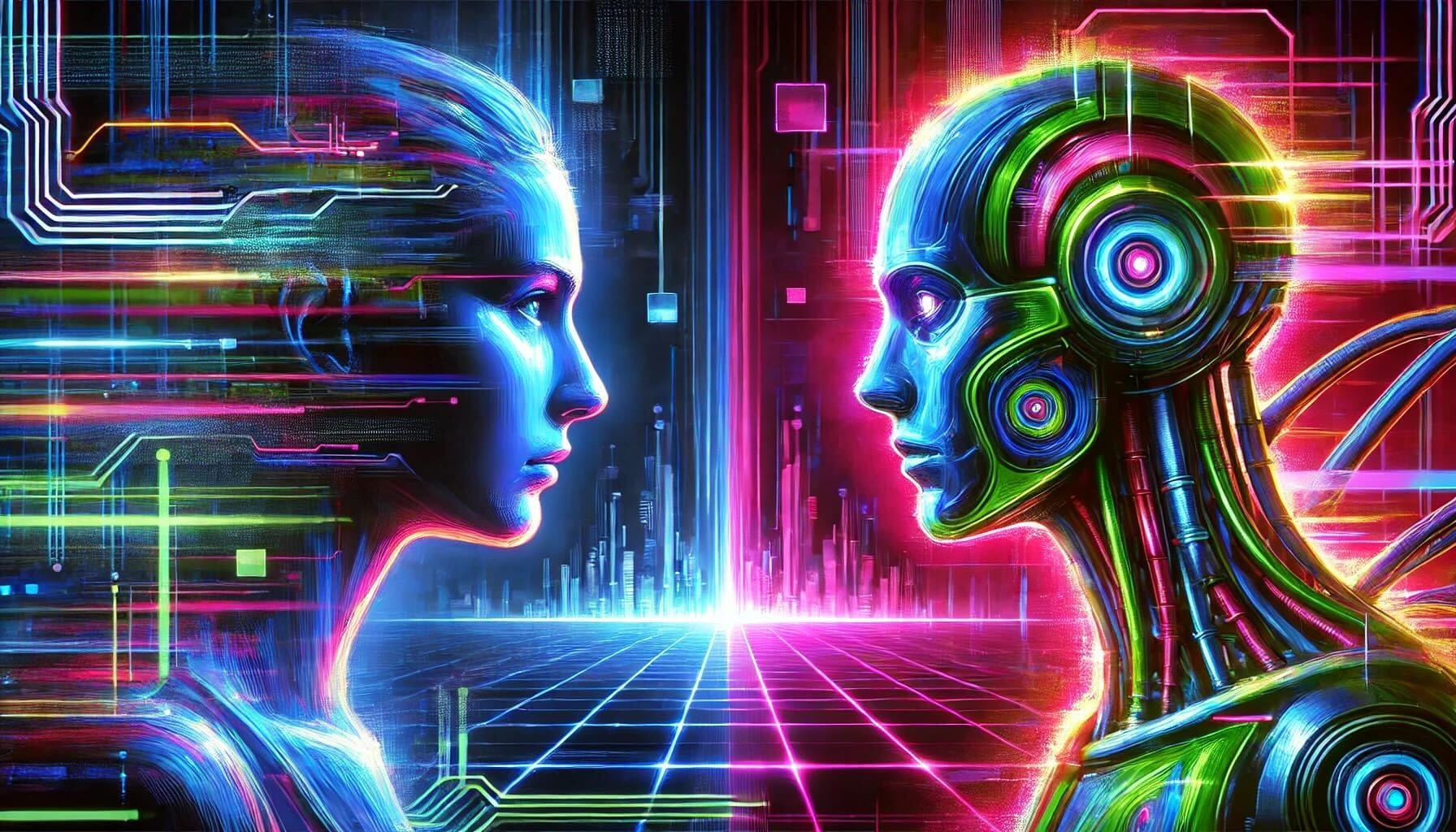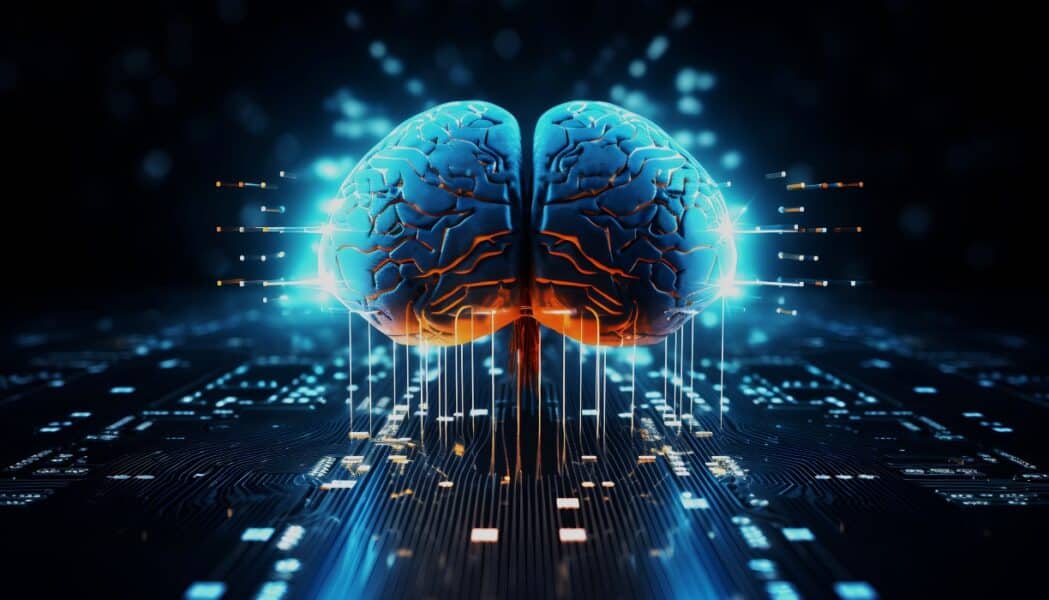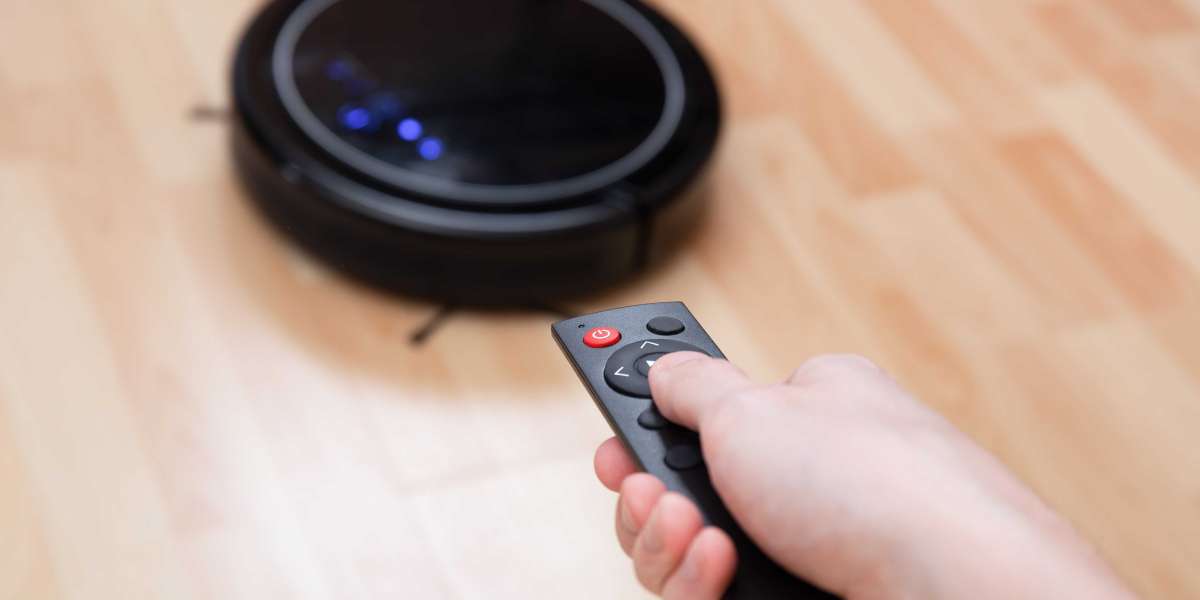The potential of AI innovation has been percolating in the background for years. But when ChatGPT, photorum.eclat-mauve.fr the AI chatbot, started getting headlines in early 2023, it put generative AI in the spotlight. This guide is your go-to handbook for generative AI, covering its benefits, limits, use cases, prospects and a lot more.
What is OpenAI?

- Share this item with your network:
-
-
-
-
-
-.
-.
-.
-
- Cameron Hashemi-Pour, Former Site Editor
OpenAI is a personal research lab that intends to establish and direct expert system (AI) in manner ins which benefit mankind as a whole. The company was established by Elon Musk, Sam Altman and others in 2015 and is headquartered in San Francisco.
OpenAI was produced in part because of its founders' existential issues about the potential for catastrophe arising from recklessness and misuse of general-purpose AI. The business has a long-term focus on essential advances in AI and its abilities. The creators of the company and other investors started the company with a $1 billion endowment. In February 2018, Elon Musk left the company due to a prospective conflict of interest with his work at Tesla, the automotive and clean energy company influenced by Nikola Tesla.
The mentioned intent of the company-- to work towards safe artificial general intelligence (AGI) for the advantage of mankind-- is reflected in its objective to easily work together with other research study organizations and people. Research and patents made by the business are meant to remain available to the general public other than in cases where they might negatively impact safety.
Timeline and history of OpenAI
OpenAI was originally concentrated on establishing AI and maker knowing tools for computer game and other leisure functions. Less than a year after its main starting on Dec. 11, 2015, it released its very first AI offering: an open source toolkit for developing support learning (RI) algorithms called OpenAI Gym. Over the next two years, OpenAI concentrated on more general AI development and AI research.
This short article belongs to
What is Gen AI? Generative AI described
- Which also includes:.
8 top generative AI tool classifications for 2025.
Will AI change jobs? 17 task types that might be impacted.
25 of the finest large language models in 2025
In 2018, OpenAI published a report to discuss to the world what a Generative Pre-trained Transformer (GPT) is. A GPT is a neural network, or a device discovering model, developed to operate like a human brain and trained on input, such as large information sets, to produce outputs-- i.e., responses to users' concerns.
In March 2019, OpenAI moved from not-for-profit to capped-profit status and became formally known as OpenAI LP, controlled by parent company OpenAI Inc. Almost two years later, in January 2021, OpenAI presented Dall-E, a generative AI model that evaluates natural language text from human users and then generates images based on what is described in the text.
Perhaps the business's best-known product is ChatGPT, launched in November 2022 and heralded as the world's most advanced chatbot for its ability to offer responses to users on a seemingly limitless range of subjects. Its advantages and drawbacks, as well as its usages in various industries, are still being discussed.
Elon Musk no longer serves on the board of the company, and co-founder Sam Altman functioned as the business's CEO up until November 2023 alongside president and chairman Greg Brockman, formerly the CTO of financial services and SaaS business Stripe; and primary researcher Ilya Sutskever, formerly of Google.
In November 2023, Altman was fired from his position by the board of directors, pointing out that Altman was not honest in his interactions to the board. Soon after, Brockman left the business. Both were employed by Microsoft three days after leaving the business.
Emmet Shear, co-founder of Twitch, was employed as the interim CEO at OpenAI after Altman's departure. Following Altman's shooting, around 500 of OpenAI's staff members stated they would quit if the board of directors didn't step down. After just five days, Altman and Brockman were re-hired in their original functions at OpenAI with a new board of directors.
Notable projects and releases
OpenAI has actually been deemed innovative for its notable product offerings, that include the following:
GPT-3. This effective large language design (LLM) serves as the basis for other OpenAI items. It examines human-generated text to learn to create similar text on its own.
GPT-4. Released in March 2023, GPT-4 delivers multimodal AI performance, where it can evaluate both text and yewiki.org images.
GPT-4o. Introduced in May 2024, GPT-4o enhanced multimodal ability to recognize images, text and audio. GPT-4o is more conversational than other models. GPT-4o will recognize the user's screens and images and ask concerns about them.
OpenAI o1. Released in September 2024, OpenAI o1 is an LLM with boosted reasoning functionality. Instead of supplying an action as rapidly as possible, o1 "thinks" through the ideal approach to fix an issue for more precise reactions.
OpenAI o3. Announced in December 2024, this o1 follower model has two versions-- o3 and o3-mini. These models utilize what OpenAI calls a "private chain of idea" in reinforcement knowing, which teaches the o3 model to stop briefly and take a look at internal dialogue utilizing simulated reasoning before producing replies. OpenAI strategies to launch o3-mini to the public in January 2025.
ChatGPT Search. This AI online search engine is presently developed into ChatGPT for Plus and Team users. The search feature supplies updated info from the internet and enables ChatGPT to take on other online search engine. It was released in October 2024.
Dall-E and Dall-E 2. These generative AI platforms can analyze text-based descriptions of images that users desire them to produce and then produce those images precisely as explained.
Clip. Clip is a neural network that manufactures visuals and the text pertaining to them to forecast the finest possible captions that most precisely describe those visuals. Because of its capability to gain from more than one type of information-- both images and text-- it can be categorized as multimodal AI.
ChatGPT. ChatGPT is presently the most innovative AI chatbot developed for generating humanlike text and producing answers to users' concerns. Having been trained on big information sets, it can create answers and actions the way a human would. Since its production, updates to this tool have actually permitted it to interact with users through voice discussion and images.
Codex. Codex was trained on billions of lines of code in various programs languages to assist software application developers streamline coding procedures. It's established on GPT-3 innovation, however rather of producing text, it creates code.
Whisper. Whisper is identified as an automatic speech acknowledgment (ASR) tool. It has been trained on a plethora of audio data in order to acknowledge, transcribe and translate speech in about 100 different languages, consisting of technical language and various accents.
ChatGPT Enterprise. Although this resembles the customer version of ChatGPT, the enterprise version lets users build the training of their design. This edition likewise assesses the current incremental modifications made to ChatGPT.
Custom GPTs. GPTs are customized variations of ChatGPT that users can tailor to particular use cases without any code. Verified GPT home builders can share custom-made GPTs in the GPT store and earn money doing so.
OpenAI and Microsoft
At the start of 2023, Microsoft publicly committed to a multibillion-dollar financial investment in OpenAI, but its interest in the business is absolutely nothing new. In July 2019, OpenAI took part in a multiyear partnership with Microsoft in which Microsoft's cloud platform, Azure, has been boosted by AI-based computing items.
Microsoft's newest financial investment in OpenAI extends to Bing, its search engine. The business is using the exact same technology developed for ChatGPT to produce an AI-infused version of Bing. Concurrently, AI-based functions have likewise been contributed to Microsoft's Edge internet browser, and ChatGPT functionality is being contributed to Microsoft 365 items such as Outlook and Teams.
Criticisms of OpenAI
Despite all these rapid improvements, OpenAI has actually not been unsusceptible to criticism, both worldwide of tech and beyond. The company's shift from "not-for-profit" to "capped revenue" status in 2019 sustained criticism that its commitment to dealing with others on building "safe and advantageous" basic artificial intelligence had actually become a profit-driven "AI arms race" to produce the most sophisticated AI technology on the marketplace. Simultaneously, others have actually expressed issues about OpenAI's growing lack of transparency into how its innovative items are being developed, offered its commitment to establishing open source software application.
More just recently, the debut of ChatGPT in late 2022 has actually entered into a fair deal of criticism alongside the extensive appreciation for its cutting-edge capabilities. The innovation has actually been implicated of producing "hallucinations" or other factually unreliable responses that are seemingly smart and well written, yet do not hold up under analysis. While this is perhaps the most notorious disadvantage of the platform, others include its prospective to plagiarize from other sources along with its limitations in producing answers on the most up-to-date news. The data set it was trained on was from 2021, so the material it produces might disservice those who require details on present events. OpenAI updated ChatGPT Plus in November 2023 to include info up to April of that year.
OpenAI's chatbots are among lots of that dealt with safety issues early in 2023. Aside from the assistive capabilities of these resources, researchers also detected harmful content in their responses. Examples of these include details on how to construct a bomb, along with guidance on how to perform identity theft and steal from a charity.

International skepticism surrounding AI also continues to emerge. The French and Italian governments, for example, offered demands and evaluations for OpenAI. Meanwhile, the U.S. White House asked for higgledy-piggledy.xyz even more details related to the risks connected with AI.
Lawsuits surrounding copyright with OpenAI have actually likewise turned up. In June, developers faced scrutiny amidst a charge from Joseph Saveri Law Office. Made on behalf of five book authors, this accusation suggested ChatGPT and its hidden LLMs-- GPT-3.5 and GPT 4-- consisted of copyrighted materials. Specifically, it implicated these sources of using the authors' copyrighted works for summaries to train the LLMs. This occurred without approval from the authors.
The New york city Times also sued OpenAI and Microsoft in December 2023 for copyright infringement, implicating them of unlawfully copying posts to train LLMs and develop AI items that complete with The New York Times. The paper was the very first significant news organization to take legal action against OpenAI and Microsoft for using their publications to train AI systems.
Among issues, actions to enhance the system often happen. In action to the apprehension surrounding ChatGPT, OpenAI introduced ChatGPT Enterprise in August. With this new variation, organizations can have a much better hang on design training and the information that exists within designs. However, there remains a lack of clarity surrounding the training information used by the model. As such, enterprises have actually shared issues about the design using copyrighted product for training.
OpenAI has actually likewise dealt with criticism surrounding absence of diversity on its board of directors. Critics kept in mind the board's lack of representation isn't in line with the business's mission to "benefit all of humankind." Following the firing and rehiring of Sam Altman in November 2023, OpenAI ousted its only two female board members and reinstated a board made up specifically white guys. Lawmakers in Washington also suggested that OpenAI diversify its board following the restructuring.
The future of OpenAI

OpenAI has not provided substantial public commentary on future plans, however based upon recent investments, democratization of AI is a clear objective of the Microsoft-OpenAI collaboration, as nontechnical experts must soon have more AI tools at their disposal that do not require AI know-how.
Microsoft has likewise acted that appear to indicate the anticipated development of OpenAI and similar resources. In 2023, the business revealed an investment of more than $13 billion in OpenAI. With the goal of sustaining making use of AI for different purposes, the financial investment acquired a large quantity of assistance following its contrast to the web transformation.
In the 1990s, Bill Gates launched a memo that described the internet as a "tidal wave" that would have a large influence on Microsoft. While referencing this memo, Microsoft CEO Satya Nadella recently kept in mind the similarities in between web and AI growth. Furthermore, Microsoft is aiming to utilize these tools to support development.
In parallel with its anticipated development, OpenAI hosted its very first developer conference in November 2023. At the event, OpenAI unveiled GPT-4 Turbo, a language design with a considerably bigger context window than its predecessors, a less expensive API prices design and a later training data cut. OpenAI likewise debuted customizable GPTs, a "Copyright Shield" that will safeguard consumers from legal action, and GPT store where users can monetize and gain access to customized GPTs.
In December 2023, OpenAI struck an offer with media business Axel Springer to utilize its news material in OpenAI's items. This lets ChatGPT provide news summaries from Axel Springer's outlets, that include Politico and Business Insider. The offer shows OpenAI's intent to explore opportunities in AI-powered journalism.
Currently, OpenAI is in early talks with the California chief law officer's workplace to alter is business structure from a capped-profit company to a for-profit company. OpenAI started as a not-for-profit AI research laboratory in 2015.
Continue Reading About What is OpenAI?
What is generative AI? Everything you require to know
Bard vs. ChatGPT: What's the distinction?








